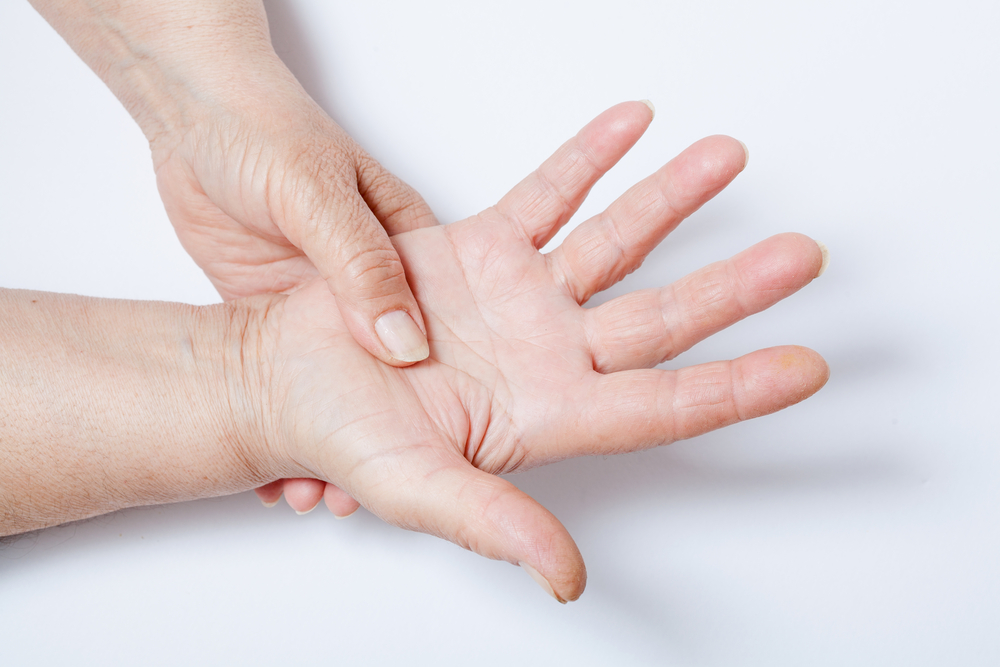DIAGNOSIS
First, your doctor is going to check the swelling and review your symptoms. He or she may also ask for your medical history to know what the possible cause of it. Imaging tests such as X-rays, CT scans and MRI’s are used to view arteries and veins, inflamed muscle or tissue, bone fractures or internal organs for any abnormalities. Once the underlying cause of swelling has been determined, the doctor may be able to prescribe the right treatment for it.
TREATMENT
The treatment for swelling will vary depending upon the cause. For allergy-related cause, your doctor may prescribe antihistamine relieve itching and swelling caused by rashes or hives. Anti-inflammatory drugs and topical steroid medication are also available to ease skin inflammation.
A tumor or abscess may require a surgical operation. If surgery is not applicable for the patient because of the complexity of the condition, the doctor may order chemotherapy or radiation to shrink the swelling.
PREVENTION
Swelling can be a part or a symptom of a much more serious disease caused by unhealthy habits. In that case, lifestyle changes and maintaining balanced diet may help reduce the risk of the diseases and swelling. To avoid swelling caused by an allergic reaction, you must avoid being in contact of the allergens. Safety precautions can help avoid swelling due to accidents.


